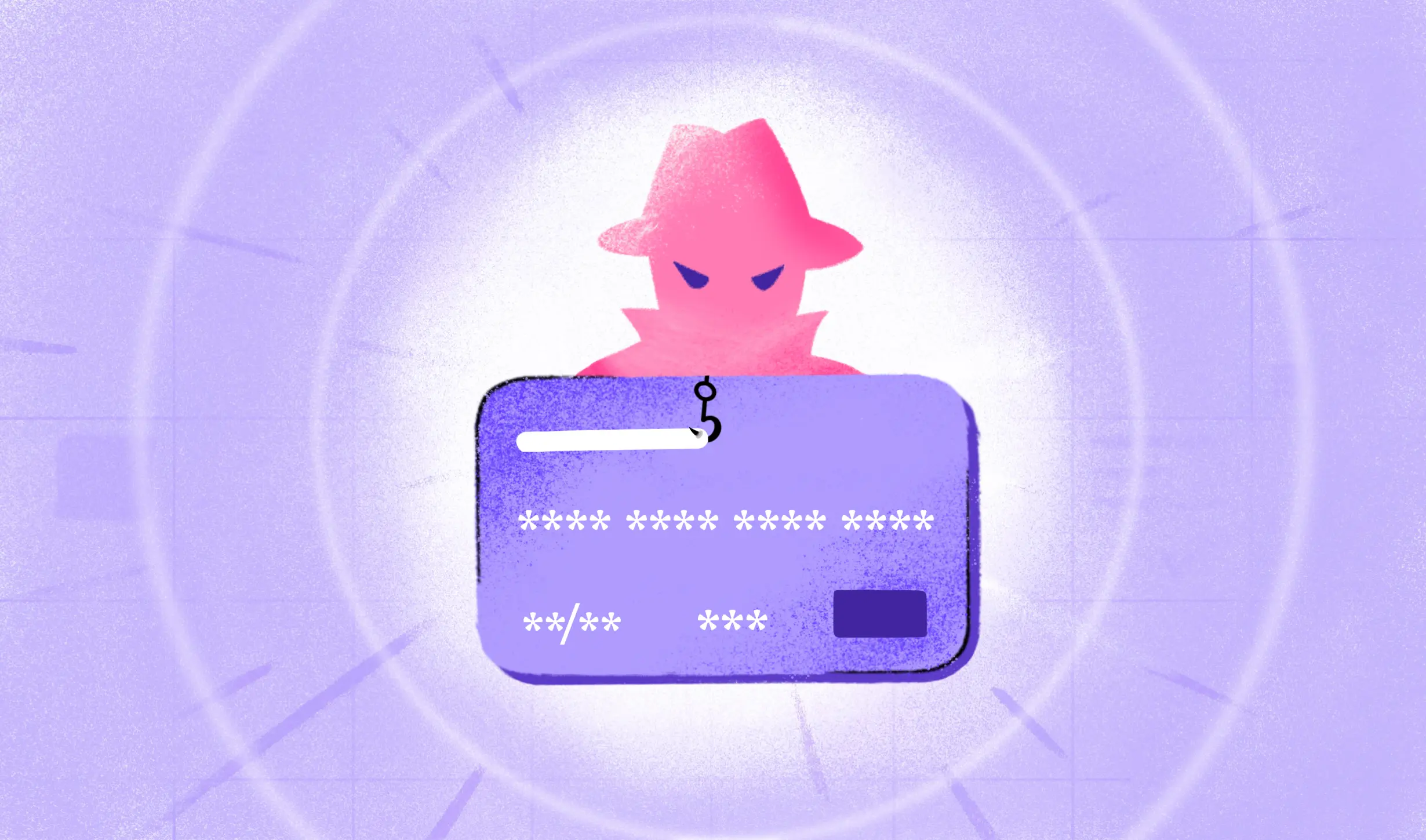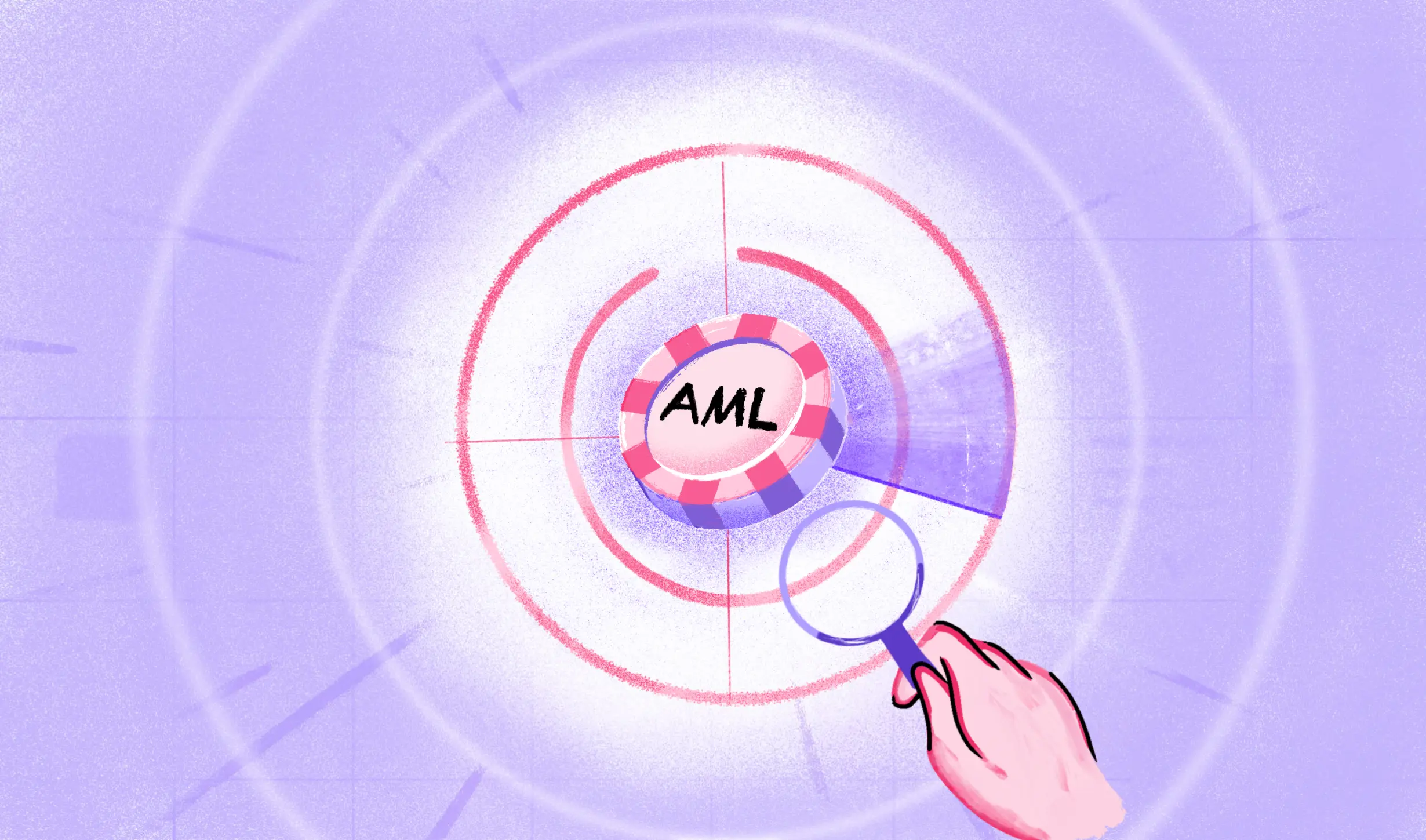With the fast-paced growth of digitalization in our everyday lives, we’ve seen increased internet scams and fraudulent activity. Financial authorities have adopted (KYC) practices to prevent terrorism, bank scams, and money laundering from some unscrupulous players who seek out consumers online for easy targets by opening emails or clicking links that aren’t legit. KYC can be a hassle for consumers, but it makes things easier for authorities who use this information to track criminals.
The full form of KYC is Know Your Customer.
Banks have warned people against fraud in the name of KYC updates and advised them not to share critical information, like account details or passwords, with unidentified persons or agencies.
Customer onboarding is the first phase of a potential client relationship with your business. It involves helping clients understand why they are using a product and how they can make the most of it. Often, this involves walking them step-by-step through the processes that may be new or unfamiliar to them, making sure they have what they need to be successful with a product.
KYC (Know Your Customer) practices are valuable to companies in developing and maintaining relationships with customers, clients, and other business entities.
What is KYC?
Know Your Customer (KYC) is the practice carried out by companies to verify client identity in compliance with legal requirements and current laws and regulations. It is a crucial step to prevent instances of financial crimes.
KYC is done the first time a customer opens an account with a company and periodically in the future. In simple words, it is done to ensure that the customer who is leveraging the services of an organization is a genuine person.
Financial institutions can deny opening an account if a person does not meet the minimum requirements for KYC.
Since the dawn of the Internet, and with more people becoming so dependent on technology, there has been an unlikely rise in security concerns. It is crucial for business owners to keep their security systems in place and educate their consumers to protect themselves and their consumers from fraud. KYC acts as a deterrent because financial institutions are better at verifying the details of their clients.
KYC procedures defined by banks require all necessary actions to ensure their customers are genuine. These procedures include verifying a customer’s name, address, and identification documents such as ID cards, passports, and utility bills to establish that a customer is a real person who exists and is not part of any illegal or criminal operation.
Banks have a legal obligation to follow KYC regulations and anti-money laundering policies. Under the present AML laws and regulations, banks comply with these guidelines. In case of violation, heavy fines could be applied to them.
Online Fraud KYC Cases
The most common forms of cybercrime are identity theft, smashing, fishing, and fraudulent online KYC. Scamsters lure unsuspecting users to share their details (can include account login credentials, card information, OTPs, etc.) to gain unauthorized access to their accounts.
Some of which include:
- Fraudsters collect information from social networking sites like Facebook, LinkedIn, and Twitter to impersonate a bank or company representative and then request that users verify their accounts by providing sensitive information.
- Customers also fall into the traps of scam calls where the caller asks to install malicious apps and share a code to scam the customer or steal money or information.
Frauds Faced by Businesses
Apart from online KYC Fraud, there are several other frauds that businesses face. Below mentioned are some of them:
- Liveness Fraud: Liveness detection plays an important part in verifying the identity of many people. However, this system of verification can be bypassed by advanced fraudsters. Fraudsters can trick systems, including bank’s KYC systems by pre-recordings, and stolen ID’s. Very few companies offer protection against them. One of the companies includes Hyperverge.
- Card Forgery: Fraudsters can get the card numbers from their insider resources and get OTPs by fooling the customers into fraud them.
- Fake Government Website Frauds: Several fake websites try to impersonate government sites offering many schemes via web portals. Fraudsters sitting behind take advantage of the schemes to give several offerings, subsidies, financial benefits, and free equipment. They make gullible people pay any sort of fees and fraud them.
- Identity Fraud: Identity fraud can be done in various ways such as stealing ID cards, obtaining account credentials, using false documents, fake names and signatures. It can be used for illegal financial gains, purchase of alcohol, and even impersonate someone else.
- Synthetic ID: Synthetic identities are fake identities created by combining real information with made-up data points. Generally, this includes a combination of non-existent addresses, dates of birth and other personally identifiable information which can be used to obtain false identification documents like passports or driving licenses.
How to Avoid These Online KYC Frauds?
When it comes to fraudulent activities, scammers often take advantage of people’s lack of awareness. Online KYC frauds can be prevented by increasing awareness among customers. Consumers must be mindful of what they submit online because it might be used against them.
- Never share card details like CVV, OTP, or ATM PIN/TAN numbers with anyone. One must know that banks do not require people to provide such information.
- If a customer gets an anonymous email or SMS saying that they have won prizes from Amazon and need to provide their details to claim them, the user should still be wary about the authenticity of this claim and avoid executing any of its instructions. They should never open attachments in the emails or SMS sent to them for such purposes.
Read more: Fraud & Spam Prevention Through Digital KYC
Online KYC Verification Process: How to Do KYC Online?
We can also opt for online KYC compliance by visiting the websites of any KYC Registration Agency (KRA).
- Visit any of the KRAs.
- Create your account and provide your information.
- Enter your Aadhaar details and registered contact number.
- Submit OTP correctly.
- Upload a self-attested copy of your Aadhaar card.
- Agree to the declaration terms given.
What Documents are Required for eKYC?
The following documents are required for eKYC Registration:
- Unique Identification Number: Passport, Aadhaar, Voter ID card, or Driving license
- Identity cards issued by central or state government bodies
- PAN card with photograph
- Utility bills like telephone(landline), electricity bills, gas bills
- Bank account statement- no more than 3 months old
We hope you found this article on KYC helpful! Having the correct information can help you stay safe online and prevent you from falling victim to a scam. We at HyperVerge help our clients prevent digital fraud and empower their applications in the domains of finance, telecommunication, defense, and security.

 US
US
 IN
IN









